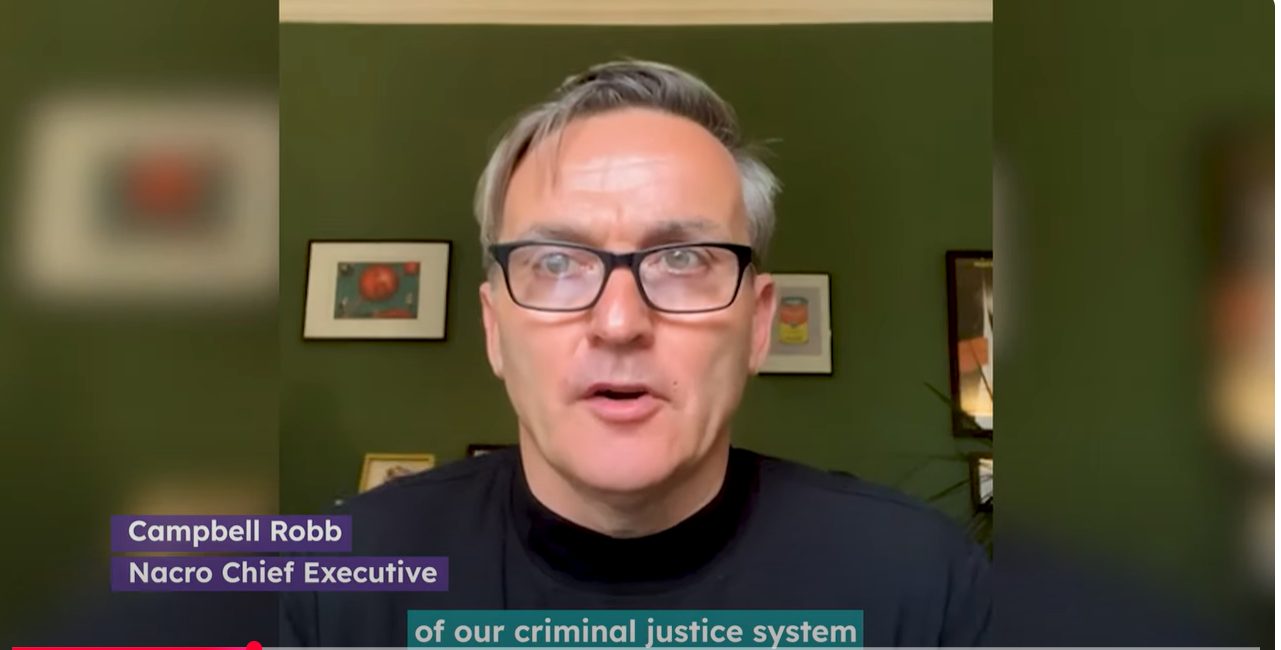
Nacro responds to the introduction of the Sentencing Bill today (02.09.2025). The Bill, in response to recommendations made by former Justice Secretary David Gauke in his Independent Sentencing Review, introduces the following reforms, amongst others:
- An expansion of tagging.
- End of automatic release for people who behaved badly in prison.
- People released after a third of their sentence under a “earned progression model”.
Campbell Robb, Chief Executive at Nacro, the social justice charity, said:
“This is a key moment for the future of the criminal justice system and those affected by it. The initial focus on tagging is an interesting start to a much bigger debate about how the Sentencing Bill could and should transform our justice system to put rehabilitation and reducing reoffending at the heart. We need to ensure that any changes on this scale are thoroughly examined to ensure they positively impact victims, those working in the system, and help people move away from crime.
“Tagging can play an important role in supervision and safeguarding. However, it is vital that electronic monitoring doesn’t replace the one-to-one human support that can make all the difference to someone’s life chances. Therefore, investment in tagging and probation must go hand in hand with increased investment for the community services to ensure that people get the vital help to turn their lives around. It is also important that tagging does not overly restrict people’s ability to integrate back into society, for example ensuring that people are able to work or spend time caring for family, as we know these are key elements to reduce reoffending.”
Read the full Government press release here.
Learn more about our work
We operate in more than 40 prisons and provide services across England and Wales.
We help 28,000 people across our services each year and run the CAS-2 service for the Government housing people coming out of prison on bail or licence.
We work with people at every stage of the criminal justice system, from liaison and diversion services in police custody and courts, to resettlement into the community after prison.
We use the insights from our services and the experiences of the people we support to campaign together for a criminal justice system which better serves us all. We’ve been working in this field for more than 50 years.



